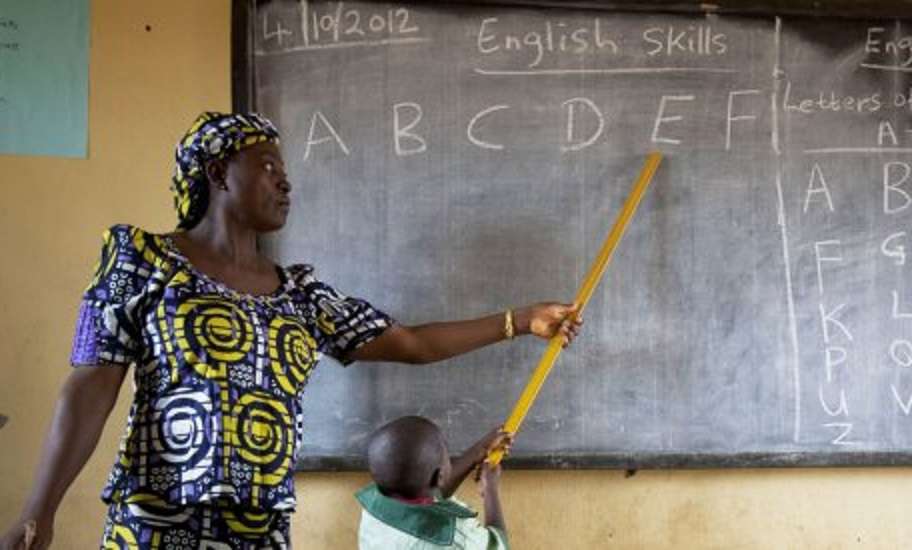Nigeria, a country renowned for producing exceptional scholars, has a rich history of academic excellence. The likes of Professor Chike Obi, Professor Wole Soyinka, Professor Aliu Babatunde Fafunwa, and Professor Chinua Achebe, who studied at home and/or traveled abroad to acquire knowledge and returned to uplift their fatherland, are testaments to this legacy. These visionaries, along with many others, have contributed significantly to Nigeria’s education system, inspiring generations of students.
In the past, teaching was a revered profession, with passionate educators like Mrs. Olabisi Olawunmi and Mr. Tai Solarin, who dedicated their lives to shaping young minds. These teachers not only imparted knowledge but also instilled values and morals, producing well-rounded individuals who went on to become leaders in various fields.
Unfortunately, the current state of Nigeria’s education system is a far cry from its glorious past. The majority of Nigeria’s leaders, who enjoyed free education, have failed to reciprocate the investment made in them. Instead, they have mismanaged the education system, leaving it in shambles. The consequences are evident: a lack of qualified teachers, inadequate infrastructure, and a curriculum that is no longer relevant to the needs of the 21st century.
However, the reality is that Nigeria’s education system is in shambles. The lack of qualified teachers, inadequate infrastructure, and an outdated curriculum are just a few of the issues plaguing the system. Despite having 170 universities, 205 colleges of education, and numerous polytechnics and monotechnics, Nigeria is still struggling to produce graduates equipped to meet the needs of the 21st century.
Colleges of education and universities are churning out graduates in education, but few are interested in pursuing teaching as a career. For instance, the Federal University of Technology Minna (FUTMINNA) graduated 569 students from its education program in 2025, a number that pales in comparison to the thousands of students graduating from the faculty of education from other conventional universities. Moreover, many of these graduates are not entering the teaching profession, opting instead for more lucrative careers.
The few who do enter the teaching profession are often unqualified, with many teaching subjects outside their area of expertise. This has led to a lack of passion and commitment in teaching, with many educators viewing teaching as a temporary means to an end rather than a calling. The major culprit behind this trend is the low salary paid to teachers, which forces many to seek alternative careers.
To resuscitate Nigeria’s education system, the government must take immediate action. This includes increasing funding for education, recruiting qualified teachers, and providing them with competitive salaries and benefits. Rural area teachers, who often face unique challenges, must also be motivated and supported. Furthermore, the curriculum must be reviewed to ensure it is relevant to the needs of the 21st century.
As Nigeria grapples with the challenges facing its education system, it is essential to remember the words of Nelson Mandela, “Education is the most powerful weapon which you can use to change the world.” By investing in education and prioritizing the needs of teachers and students, Nigeria can harness its full potential and produce a new generation of leaders who will propel the country to greatness.

























